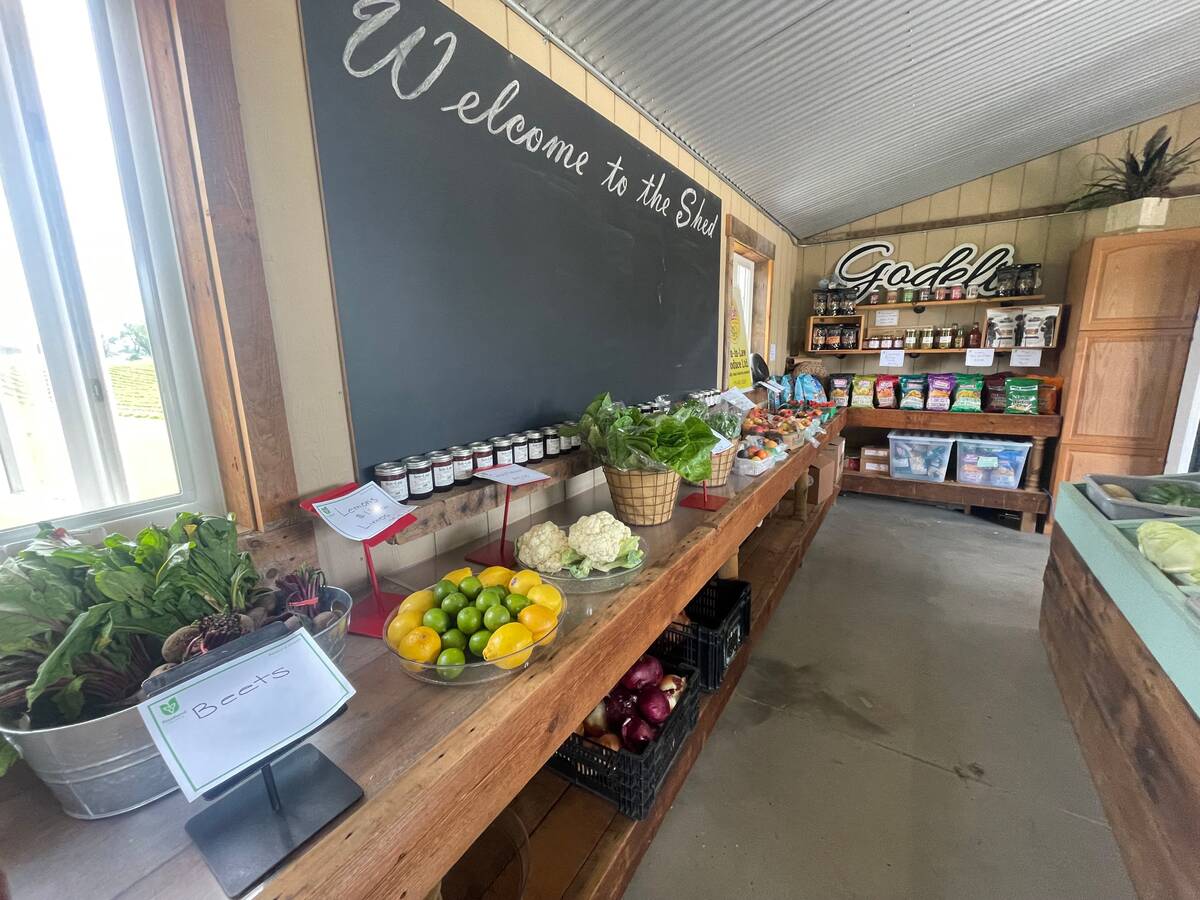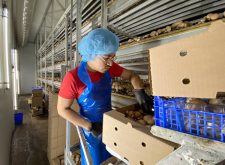This week marks Small Business Week in Ontario. Spearheaded by the Ontario Chamber of Commerce (OCC), it celebrates and draws attention to the vital role that small business plays in the Ontario economy.
According to the OCC, small businesses – those with fewer than 100 employees – account for 98% of Canadian enterprises and employ approximately 11 million people nationwide. That’s a lot of jobs and a significant chunk of the Canadian economy, making small business a sector worth paying attention to.
To succeed and grow, Ontario small businesses of all kinds need government investment in connectivity (strong trade relationships, resilient supply chains, ensuring flow of goods & services); building capacity to increasing innovation, competitiveness and growth; affordability to help address inflation, debt and rising costs for housing, inputs and labour; and sustainability (supporting continuity, longevity, investment in local economies).
Read Also

Women who fed a nation
More than 40,000 young women supported the war effort between the 1940s and early 1950s, helping grow and harvest crops amid labour shortages. They were called Farmerettes.
Beyond that, changes to taxation, as well as infrastructure investment, red tape reduction to simplify supports and services and better access to workers are also important needs.
It’s no different for Ontario farmers and farm businesses.
My family and I farm near Thunder Bay, where we raise poultry and beef cattle and grow produce that we sell directly to consumers and at local markets. I’m also a provincial director with the Ontario Federation of Agriculture (OFA), the largest organization in our province that represents farmers.

We work on behalf of farmers and rural communities – and some of our biggest priority asks are around taxation, red tape reduction, infrastructure investment, access to labour and affordability.
Most Ontarians don’t see farms as small businesses, but they are – even if they are different from retail, trades, suppliers or service providers. Farmers are entrepreneurs who manage budgets, make investments, hire staff, build relationships with customers and suppliers, and market their products.
At our family market, our customers see that we’re a family-run business — and the small businesses we buy from and sell to in our community know it too. What’s often missing, however, is that broader public understanding that farming is both a livelihood and a business.
Farmers sometimes struggle with this mindset shift, too. We know how to produce food, raise livestock or grow grain crops, but we also need to sell the fruits of our labour, tell our story, and promote our products and our role in the community, from donating food to events to supporting sports teams, for example.
But just like many of Ontario’s other small businesses, we face challenges that make it harder for us to grow. One of the biggest is red tape.
On our farm, whenever we want to start a new project, whether it’s improving drainage or building a pond, the paperwork and many different approvals we must have in place just to start can be overwhelming.
Government grants and programs are meant to help, but they’re often so complicated that it’s hard to justify the time investment for the small amount of support offered. Quite simply, if government wants small businesses, including farms, to flourish, it has to be easier to access funding, we need less, not more bureaucracy and paperwork, and we need real incentives rather than regulatory or legislative roadblocks.
This is particularly critical in Northern Ontario, where distances are greater, the population is less dense, and infrastructure isn’t as well developed as elsewhere in Ontario. If we want to see growth and renewal in Northern Ontario agriculture and encourage the next generation of farmers to come home and build their future here, we need simpler processes, fairer taxation, better infrastructure, and less red tape.
As we celebrate Small Business Week, let’s remember that farms are part of that small business backbone. Every time you visit a local farmers’ market, buy Ontario-grown food or farm products, or support a local business, you’re helping to strengthen both our economy and our rural communities.














